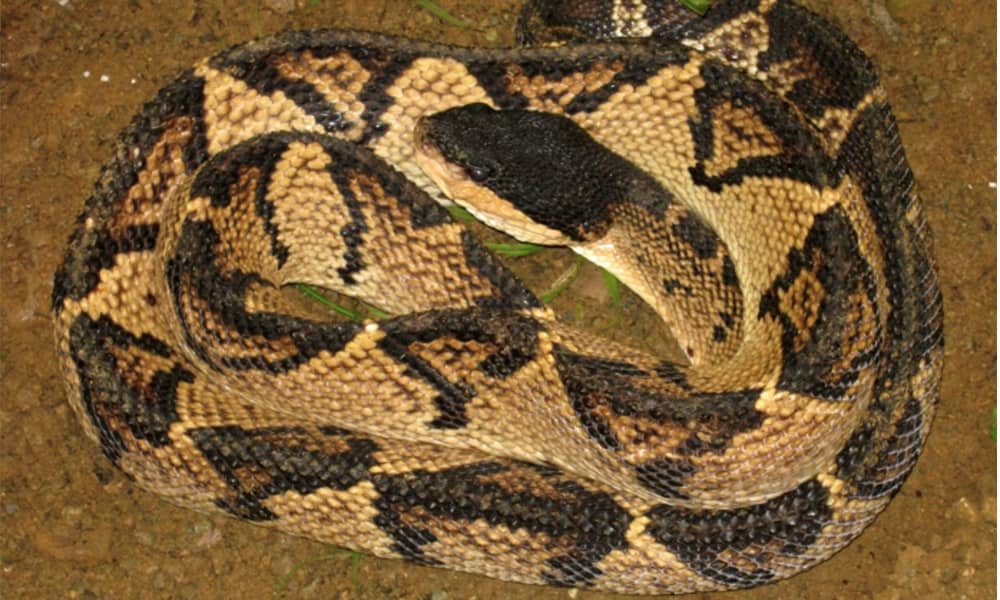In an effort to preserve biodiversity and protect endangered wildlife, Costa Rica’s judicial system has taken a significant step to safeguard the life of a rare snake species.
A civil judge has granted a precautionary measure to protect the lives of three specimens of a rare snake species in the midst of an investigation involving a company called CR Wild and the National System of Conservation Areas (Sinac) in Costa Rica.
The dispute centers around an investigation initiated by CR Wild, a company specialized in tourism and natural expeditions, in 2021 concerning the Lachesis melanocephala, also known as the black-headed bushmaster or black mamba, a venomous viper native to Costa Rica and considered one of the most venomous snakes in the world.
The study, driven by CR Wild, aims to define and characterize the behavioral patterns, hunting strategies, and reproductive biology of these endangered animals over a five-year period. To achieve this, radio transmitters have been implanted in the bodies of these reptiles for monitoring purposes.
However, on November 10, 2022, the Osa Conservation Area ordered the capture of the three snakes involved in the investigation, intending to transport them to a veterinary clinic to remove the radio transmitters that were implanted for tracking and analysis purposes.
The Osa Conservation Area had issued a resolution three days earlier, denying the company’s permit renewal for the research due to an incident that occurred during the collection of the vipers while awaiting the corresponding authorization.
Despite awaiting approval, CR Wild decided to continue its work in the Rancho Quemado area on the Osa Peninsula in Puntarenas. Therefore, Christian Porras Ramírez and César Barrio Amorós, in charge of for CR Wild, chose to pursue administrative litigation.
The court’s decision
Judge, Alana Fonseca Lobo, considered that the proposed study would contribute to gathering data that would facilitate the future care and conservation of this species.
She pointed out that this snake species is endemic to the southern Pacific of Costa Rica, with only 35 known sighting points in the last 20 years.






